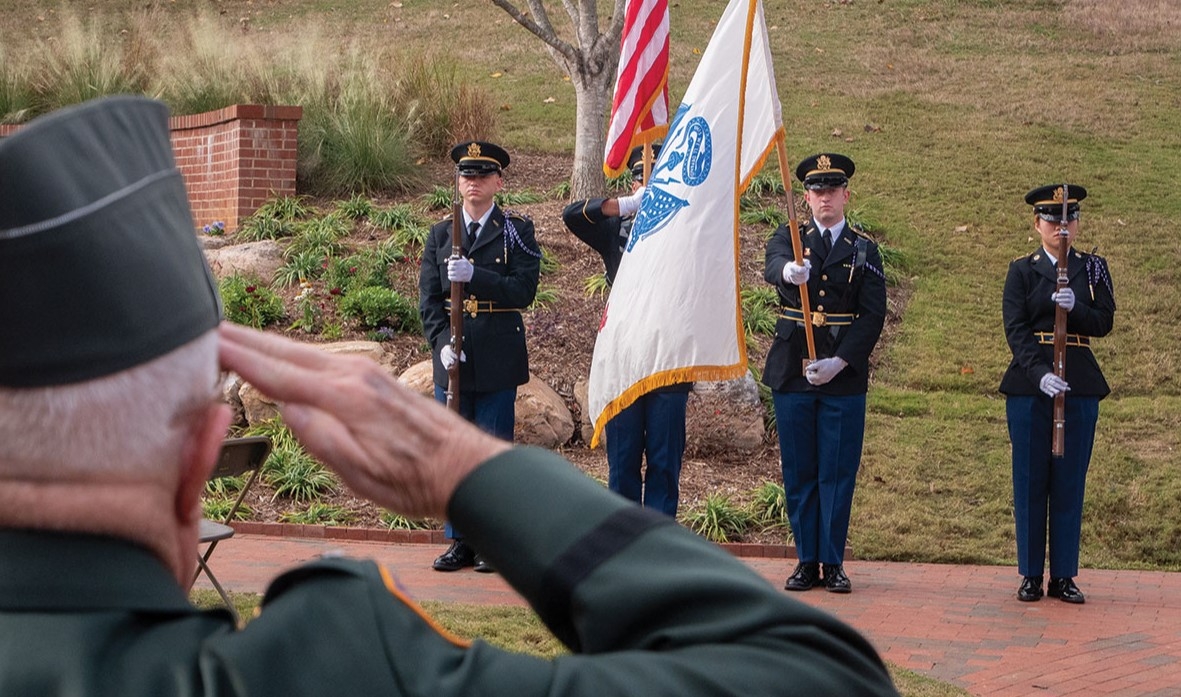Multi-Instiutional Study of Leadership information
NC State will be participating in the Multi-Institutional Study of Leadership (MSL), an international research study that provides important insights on the leadership development and learning needs of college students. The survey launched today (February 12) and will close on March 6.
The sample in this study will consist of 4,000 randomly selected undergraduate students and a non-random sample of student leaders who have been identified by several offices within and outside of DASA. The data will also contribute to a better understanding of how to leverage leadership learning through collegiate experiences and educational interventions. In past MSL survey administrations, schools have selected students in leadership courses, orientation leaders, RAs, Student Government members, peer leadership programs, and students living in a specific living-learning program as their comparative samples.
Overview of MSL
The MSL is an international research program examining the influences of higher education in shaping college students’ capacities for socially responsible leadership and other leadership-related outcomes (e.g., efficacy, resilience, social perspective-taking, complex cognitive skills). The study is designed as a collaborative effort to advance both the college student development knowledge base and evidence-based practice at individual campuses. Institutions of higher education partner in the research and use results to enhance educational practice.
Theoretical Framework
The theoretical model for MSL is grounded in student development and leadership theories. The conceptual framework is an adapted version of Astin’s (1993) college impact model. The survey instrument gathers information about participants’ pre-college characteristics (e.g., demographics, high-school experiences, community experiences), experiences during college (e.g., educational interventions, collegiate experiences), and their influences on collegiate outcomes. Given the scope of the survey instrument and scale of data collection, research questions are broadly stated around uncovering relationships among collegiate experiences and educational gains.
Study Benefits
The research study is not designed to directly benefit the students, but rather to contribute to theory and practice on college student leadership development at national levels as well as here on NC State’s campus. The development of the next generation of civically engaged leaders is a critical outcome of higher education and this study advances society by examining ways to more effectively engage in this. Overall, the results contribute to a national normative data set useful for comparative purposes. Data also contribute to a better understanding of how to leverage leadership learning through collegiate experiences and educational interventions. As such, the study builds upon previous research and provides a foundation for further inquiry regarding purposefully shaping leadership outcome achievement. Here at NC State, results should extend the understanding of leadership development needs of students in specific institutional contexts. We will receive a comprehensive report benchmarking students’ (in the aggregate) against the national normative data and peer institutions along with our campus data to conduct school-specific analyses. This should advance our ability to engage in evidence-based practice.
- Categories:


